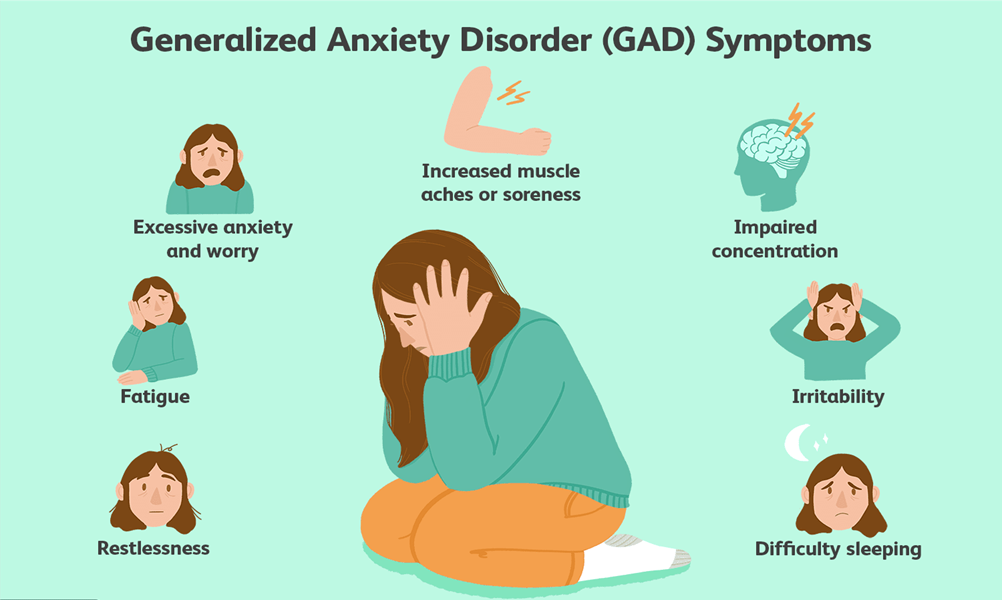A nurse is providing discharge teaching to a client diagnosed with bipolar disorder who will be discharged with a prescription for lithium. The nurse should teach the client that which of the following is a risk factor for lithium toxicity?
The client eats foods high in tyramine.
The client runs 4 miles outdoors every afternoon.
The client drinks 2 liters of liquids daily.
The client eats 2 to 3 grams of sodium-containing foods daily.
The Correct Answer is B
Choice A reason:
Eating foods high in tyramine is not a risk factor for lithium toxicity. Tyramine is associated with dietary restrictions in patients taking monoamine oxidase inhibitors, not lithium.
Choice B reason:
Engaging in activities that cause excessive sweating, such as running 4 miles outdoors every afternoon, can lead to dehydration. Dehydration is a significant risk factor for lithium toxicity because it can increase lithium levels in the blood, potentially leading to toxicity.
Choice C reason:
Drinking 2 liters of liquids daily is generally recommended for hydration and is not a risk factor for lithium toxicity. Adequate hydration can help prevent lithium toxicity by ensuring that lithium is properly excreted through the kidneys.
Choice D reason:
Eating 2 to 3 grams of sodium-containing foods daily is within normal dietary intake ranges and is not a risk factor for lithium toxicity. Maintaining a consistent sodium intake is important when taking lithium, as low sodium levels can lead to increased lithium retention and potential toxicity.
Nursing Test Bank
Naxlex Comprehensive Predictor Exams
Related Questions
Correct Answer is A
Explanation
Choice A reason:
Decreasing the dose of Xanax (alprazolam) is often necessary when a client shows signs of dependency or when there are concerns about potential side effects, such as uncontrolled hypertension. Xanax is a fast-acting benzodiazepine, which can be highly addictive, especially when taken in doses of 4 mg/day for longer than 12 weeks. It is essential to monitor the client's blood pressure and adjust the medication accordingly to avoid exacerbating hypertension.
Choice B reason:
Increasing the dose may temporarily control symptoms of anxiety, but it also increases the risk of dependency and other side effects. Given the client's uncontrolled hypertension, increasing the dose could lead to further complications.
Choice C reason:
This statement is incorrect. Xanax does cause dependency, and it is one of the most addictive benzodiazepine medications on the market today. Dependency can develop quickly, even in users who follow a prescribed dosing schedule.
Choice D reason:
While Ativan (Lorazepam) is also used to treat anxiety, adding it to the client's medication regimen without careful consideration could increase the risk of dependency and adverse effects. Both Xanax and Ativan are benzodiazepines, and their combined use should be monitored closely by a healthcare professional.

Correct Answer is C
Explanation
Choice A reason:
Escorting the client to the common area is not the priority action. While being around others can sometimes be comforting, during a panic attack, the client may feel overwhelmed and exposed, which could exacerbate the situation.
Choice B reason:
Contacting security for possible restraints should be a last resort and is not the priority action. Restraints can increase anxiety and fear, potentially escalating the panic attack. The use of restraints is only considered when the client is at risk of harming themselves or others and all other interventions have failed.
Choice C reason:
Staying with the client is the priority action. During a panic attack, the client needs reassurance and a sense of safety. The nurse's presence can provide comfort. The nurse should remain calm, use a quiet voice, and avoid making any sudden movements. Implementing relaxation techniques and promoting a calming environment are also beneficial.
Choice D reason:
Staying away from the client is not the priority action. Leaving the client alone can increase feelings of isolation and fear. The nurse should provide continuous observation and support during the panic attack.
Whether you are a student looking to ace your exams or a practicing nurse seeking to enhance your expertise , our nursing education contents will empower you with the confidence and competence to make a difference in the lives of patients and become a respected leader in the healthcare field.
Visit Naxlex, invest in your future and unlock endless possibilities with our unparalleled nursing education contents today
Report Wrong Answer on the Current Question
Do you disagree with the answer? If yes, what is your expected answer? Explain.
Kindly be descriptive with the issue you are facing.
